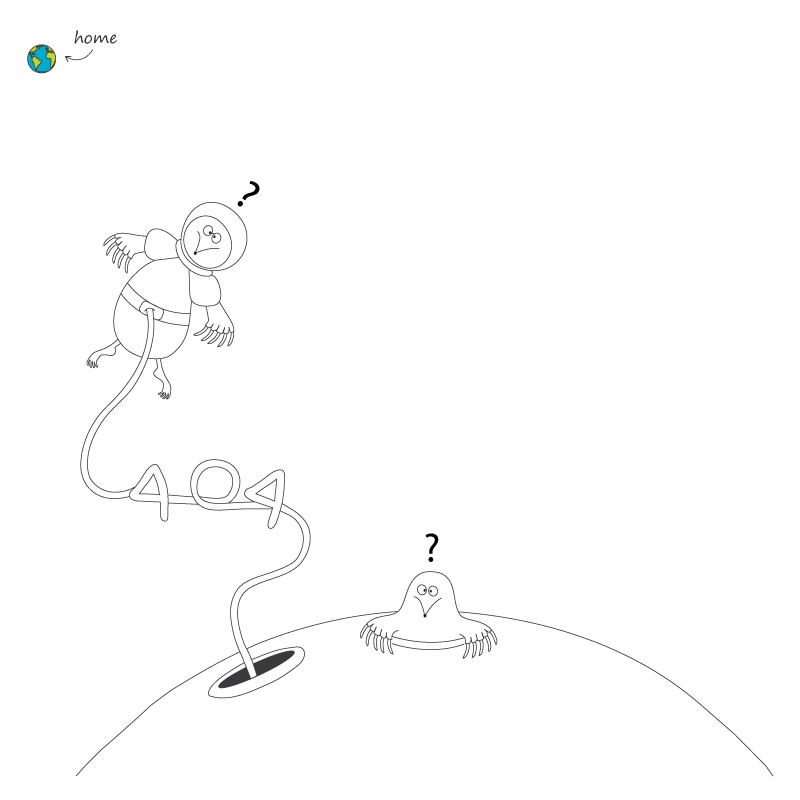
Oh no! ... You found a broken link on our site. We’re ever so sorry.
We might be busy changing the world, one person, one team or one organization at a time – but that’s no excuse.
If you’re lost, why not head back to the home page? Or contact us if you think something’s gone horribly wrong.
Or you can hang out with us on social media – find us on Twitter, Facebook and LinkedIn.